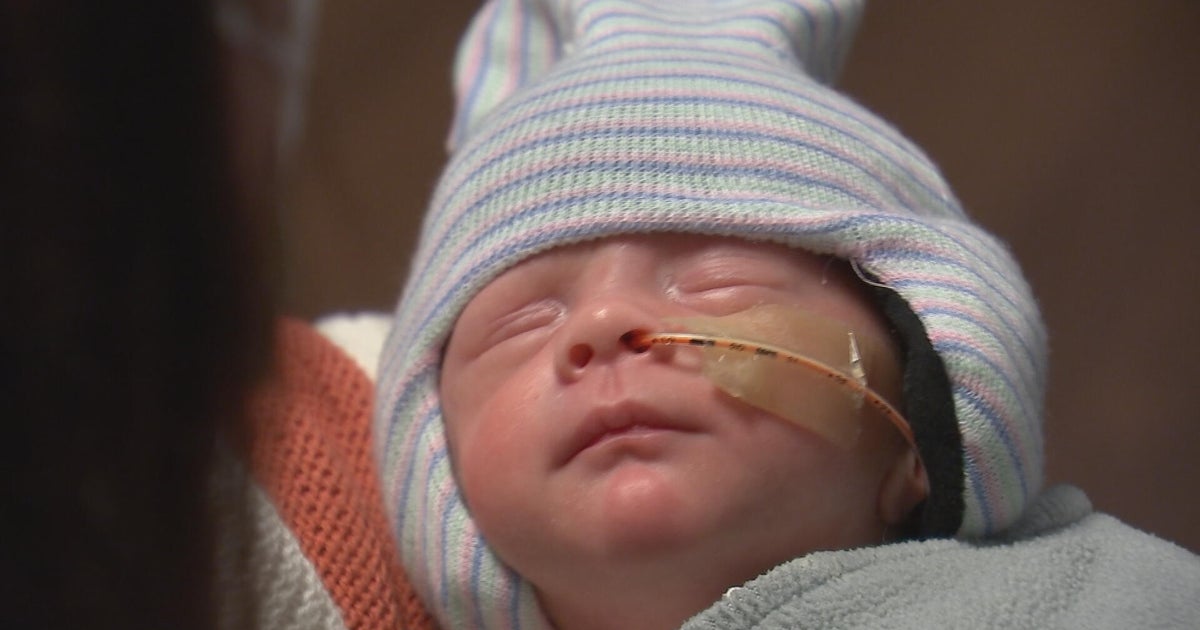Smart Contact Lenses Keep Eye On Your Health
PITTSBURGH (CBS) -- Forty-million Americans wear contact lenses.
In the not so distant future, contacts may do a lot more than just help you see.
What if the lenses could look inside of you to diagnose, monitor and even treat disease? Sound far-fetched? Well, it may not be too far away.
The new generation of contact lenses is being called "smart lenses," and they are packed with circuits, sensors and wireless technology - all designed to keep an eye on your health.
"There's a possibility to develop a really, really important new tool for medicine," said Babak Parviz, PH.D., the developer of the Smart Lens.
A team of researchers at the University of Washington built and are testing the smart lens. They believe it could one day replace the standard blood test.
"It allows for a very noninvasive, continuous monitoring of the human body," said Parviz.
Researchers say biomarkers found in the blood - such as cholesterol, sodium, potassium and glucose - can also be found on the surface of the eye.
One lens can monitor glucose and radio out the result.
"Someday, maybe, you can read the result with your cell phone," Parviz said.
The hope is that diabetics could keep continuous tabs on their blood sugar without ever having to prick a finger. With a smart lens, a person's blood sugar could be monitored painlessly and automatically 24 hours a day.
But that will take years. The lens hasn't been tested in humans.
But one has, and it's already on the market in Europe. It's called Trigger Fish. It's designed to help diagnose glaucoma - the second leading cause of blindness.
To properly treat and diagnose glaucoma you need to measure and monitor a patient's eye pressure over the course of a day. The lens does that and more.
"It will download its information wirelessly to a device, and we can perhaps see what or how the eye has changed over the course of time," said Clifford Lee, an optomestrist.
In addition to monitoring disease, how about treating it?
"This lens has the ability to release medication to the eye for a long period of time," said Dr. Joe Ciolino, of the Massachusetts Eye & Ear Infirmary.
Harvard researchers are testing such a device.
"This object would be placed in the eye and would slowly leak out over time," added Dr. Dan Kohane, of Children's Hospital in Boston.
Researchers are working on another idea for a smart lens to put LEDs into the lens in order to overlay images into your field of vision.
For example, you would be able to stream health data, the Internet and even television right in front of your eyes from your contact.
RELATED LINKS:
More Health News







